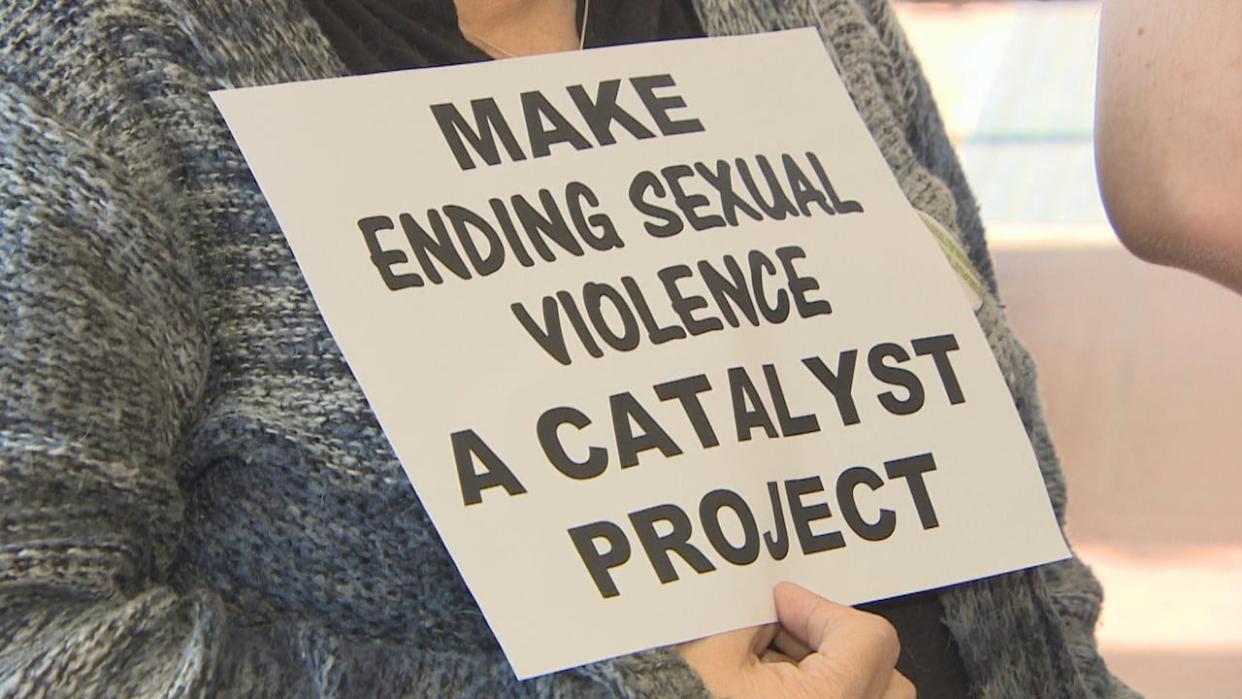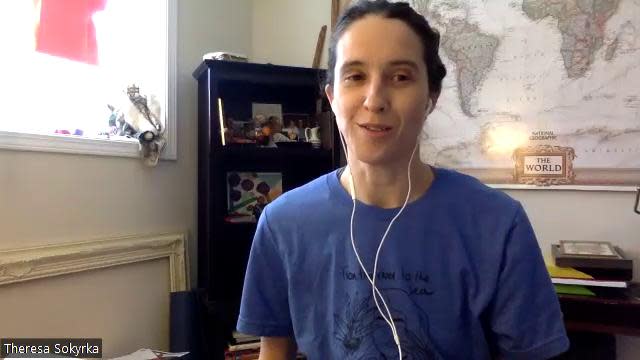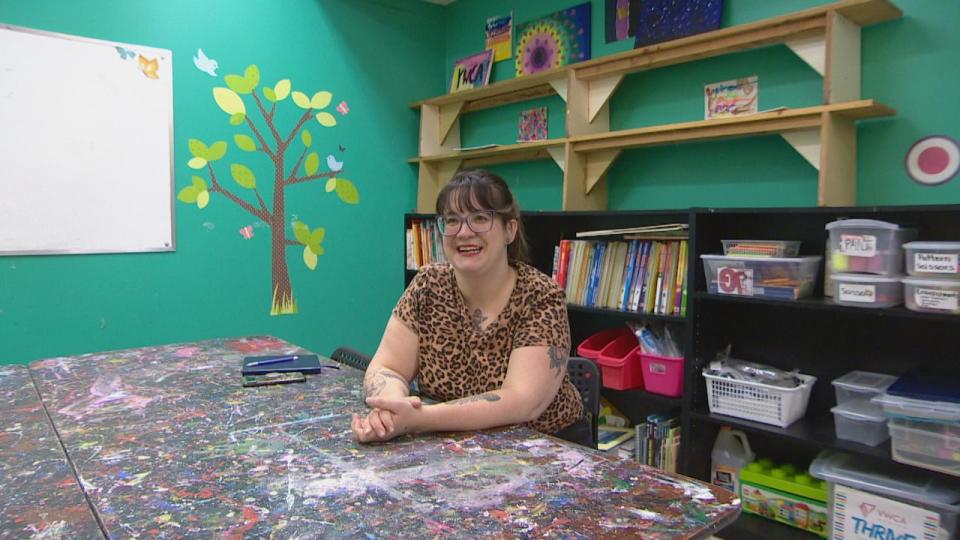Sask. among worst provinces for workplace harassment in recent StatsCan study

A recent Statistics Canada workforce study found that nearly one in every two women and more than a third of men who responded in Saskatchewan had reported being harassed or sexually assaulted in their workplace.
Statistics Canada has done similar surveys on a five-year cycle, looking at working people 15 years and older. The latest release is a snapshot of the 2020 workforce.
Overall, 43.8 per cent of Saskatchewan workers in the study said they had experienced harassment at their workplace at some point, according to the data released Tuesday. That put Saskatchewan third worst in the country, behind only Alberta and British Columbia.
Meanwhile, 30.9 per cent of Saskatchewan respondents said they had been harassed at work in the 12 months before the survey. That was the worst among all provinces.
Shantelle Priel, a social worker and outreach co-ordinator with the Regina Sexual Assault Centre, said her organization has been looking at similar numbers for a long time.
"Seeing how high they are with this survey [is], of course, devastating, but not surprising when we know that there is a problem on our hands here," she said.
The study indicated marginalized groups make up a higher proportion of people facing harassment.
"People with disabilities, women and Indigenous people are consistently overrepresented among people who experience harassment, discrimination and violence in many different areas of life," the study said.
Priel said workplace harassment stems from forms of discrimination.
"We can see how beliefs like racism, sexism, homophobia manifest themselves within society and they create things like microaggressions, the most common form of gender discrimination."

Theresa Sokyrka, a singer-songwriter based in Saskatoon who rose to fame after being a runner-up on the Canadian Idol reality TV show, says she was a victim of workplace harassment while bussing at a local restaurant. (Shlok Talati/CBC)
Theresa Sokyrka, a singer-songwriter based in Saskatoon who rose to fame after being a runner-up on the Canadian Idol reality TV show, said she was a victim of workplace harassment while bussing at a local restaurant.
"The older I become, the more I realize how unsafe I was in so many different situations. In a lot of the situations I was in, I am even amazed I made it out unscathed," she said.
Sokryka said her experiences growing up had a lasting impact on her life.
"The way I was brought up in Saskatchewan shaped me perfectly to get messed up in the music industry — I didn't have a voice, I didn't know how to use it."
In an emailed response, Saskatchewan's Ministry of Labour Relations and Workplace Safety said harassment of any kind is unacceptable at a workplace.
"Over the last several years additional provisions have been introduced to help create healthier, safer workplaces," it said.
Last year in May, the provincial government amended occupational health and safety provisions to require all employers to develop a violence prevention policy and investigate violent incidents.
The province has given employers until May 17, 2024, to create and implement their policies.
Cecilia Rands, the education co-ordinator at YWCA Regina, said the organization started a program in 2021 to transform people from being bystanders to being "upstanders" against harassment and violence. The curriculum looks at gender-based violence, building a culture of consent at work, and specific tools and strategies for people looking to help.
Rands said the program empowers citizens to take a stand.
"We sort of want to stop the problem before it starts. Rather than just trying to react, we're trying to be proactive," she said.
"My hope is in the power of community and in the power that I believe humans are inherently good."

Cecilia Rands, the education coordinator at YWCA Regina, says they started a program in 2021 to transform people from being bystanders to being 'upstanders.' (Adam Bent/CBC)
Rands says the Upstander workshops are free-of-cost and her group has already helped more than 1,000 people in the province.
Sokyrka said she too believes there's positive change ahead.
"Most change is glacial, but I do believe it is going to change. I was a young girl and I have a family now. I know that my priorities as a mom will be exposing those kinds of things that I had to cope with as a young child."

